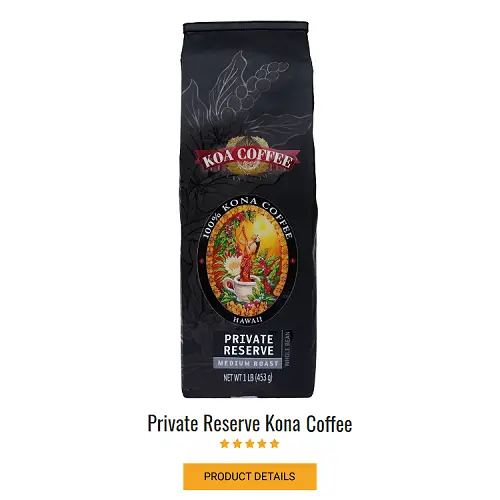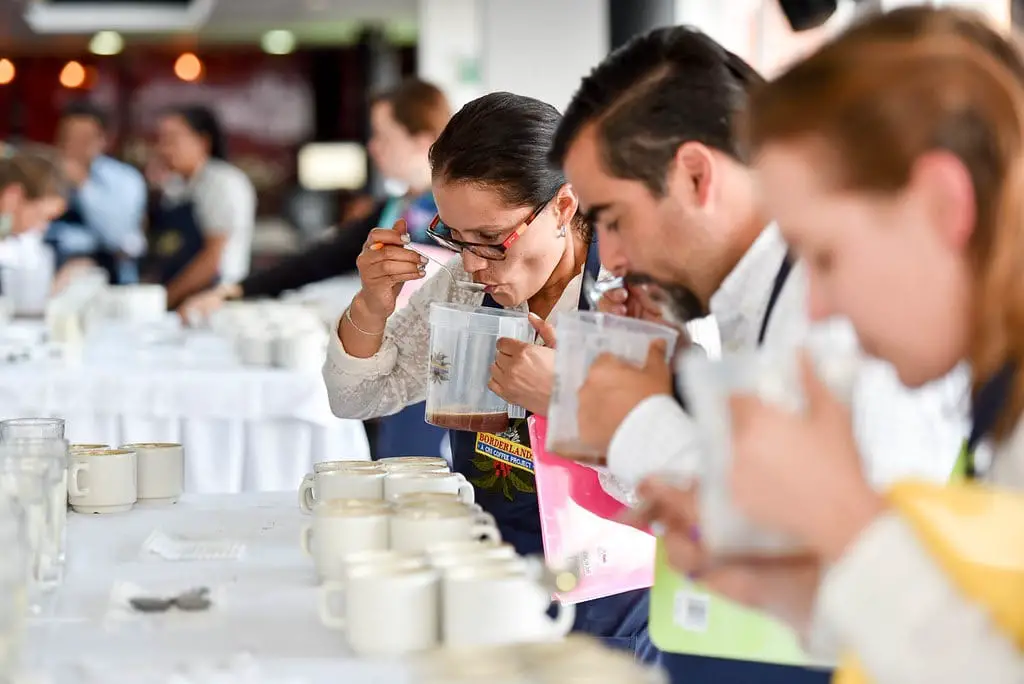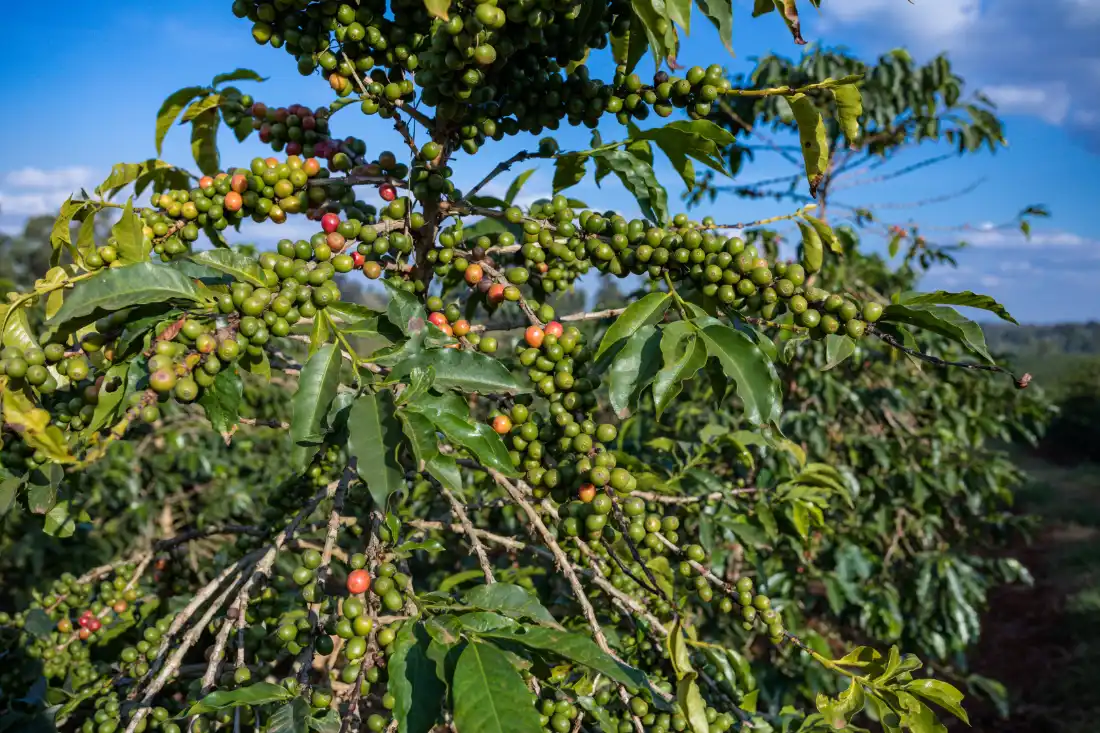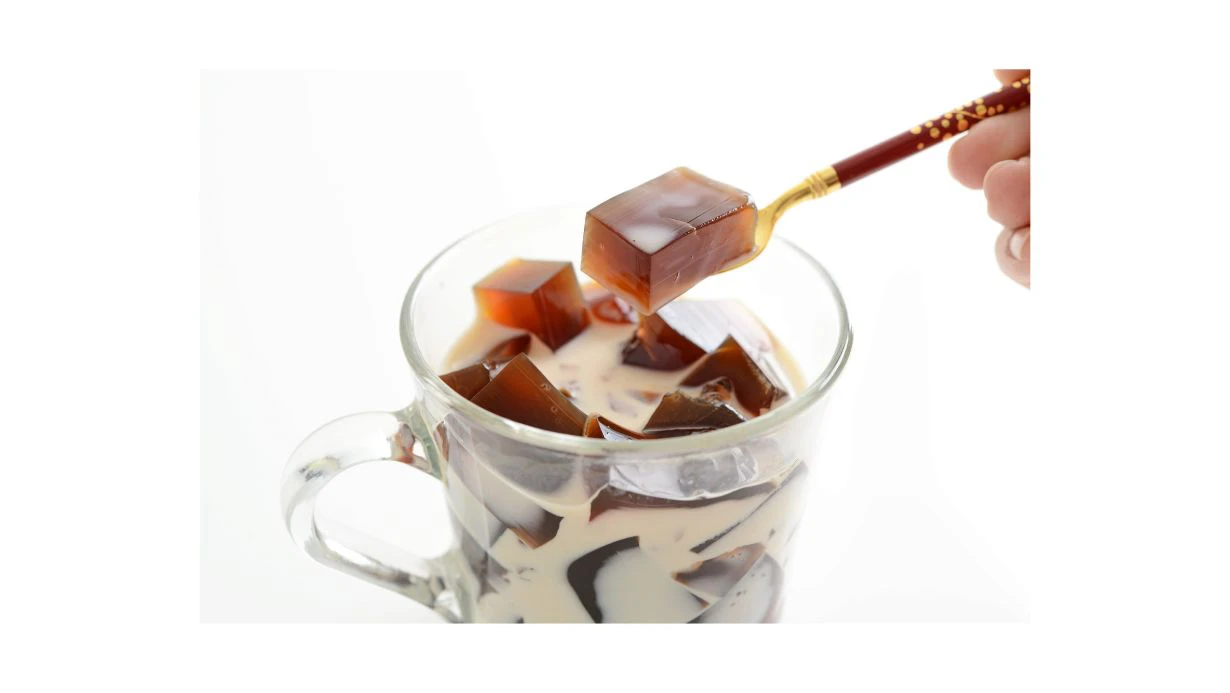
Does coffee cause acid reflux – fact or fiction?
Have you or your loved ones experienced heartburn or acid reflux? You are not alone with this unpleasant condition affecting many more people than you would think. According to the American College of Gastroenterology, over 60 million Americans suffer from heartburn or GERD (=gastroesophageal reflux disease) more than once a month, and according to estimates, more than 15 million Americans have symptoms of acid reflux almost daily. Often enough, coffee is blamed for it. But is coffee the real culprit, or is it just a myth?
What is acid reflux?
For the digestion of food, our body releases a rather strong acid in our stomach with a pH of between 1.5 and 3.5. This is pretty nasty stuff, and it compares well with battery acid with a pH value of 1.0 or lemon juice with a value of 2.0. Pure water is considered neutral, with a pH value of 7.0.
A mucous lining protects a healthy stomach from the aggressive acid and from digesting itself. Everything is fine as long as the acid stays in the stomach to do its work. Problems start only when acid seeps into the duodenum on the lower end or backs up into the esophagus at the entry to the stomach. There is no protective mucous lining, and therefore, it causes the unpleasant sensation of heartburn. It can develop into a chronic condition of inflammation and might even pose a risk of developing cancer over time.
Under normal circumstances, a valve at the entrance to your stomach prevents the contents of your stomach from going in the wrong direction. If the muscle controlling this valve is damaged or weakened, you may get acid reflux.
What causes acid reflux?
There is a large number of foods that are suspected to contribute to this condition. And yes, coffee is usually listed among them. Other foods included in that list are citrus fruits, tomatoes, onions, garlic, fried foods, sugar, alcohol, and many more foods, which can cause acid indigestion. Some medications can trigger this painful condition as well, including Viagra, as some men complain. Stress can be an aggravating factor, too.
However, not everybody reacts in the same way to these irritants. Someone might be affected by tomatoes but not coffee, and vice versa. After all, it is a question of the quantity of the potential irritant you ingest. One or two glasses of wine or two espressos a day won’t probably do any harm. Go beyond a reasonable limit, and you might have to suffer. Interaction between different foods is a possibility as well, but this is not yet well researched.
Is coffee acidic – in chemical terms?
Looking more closely at its chemistry, we find that coffee is somewhat acidic, with a pH of around 5 for regular black coffee. That is a level of acidity not that much different from your saliva or milk, which both are at around pH 5.5. Whether this is enough to trigger heartburn is anyone’s guess.
Often, you can read that caffeine (an alkaloid) is to blame for triggering acid reflux. Caffeine is not acidic at all; it is rather slightly alkaline. However, it can lead to a relaxation of various muscles and possibly also loosen up the sphincter at the stomach entry, letting the highly acidic stomach content pass through in the wrong direction. But some people complain about heartburn even after drinking only decaf. Thus, the evidence for coffee or caffeine causing acid reflux is not very conclusive.
The New York Times cites in an interesting article a study by Stanford University, and Dr. J.E. Richter of Temple University School of Medicine is saying that there is no evidence of coffee being injurious to the stomach.
Coffee triggering acid reflux – myth or reality?
Despite inconclusive scientific evidence, we still can’t call it a myth. There are just too many people who are experiencing this problem, and I was one of them. At least at the time when I had more than 5 or 6 cups of coffee a day while working in the stressful environment of investment banking.
What bothered me was excessive acidity, which could be better described by the word sourness. I think we should make a clear distinction between those two.
We use the word acidity in connection with coffee with a positive connotation to describe tanginess or brightness. Sourness would be descriptive of an unpleasant experience, which, in the case of coffee, may result from a poorly pulled shot of espresso or when using low-quality coffee beans. Coffee does contain tannins, and they can show their astringent and harsh character, ruining your enjoyment. At the same time, they can upset a sensitive stomach and ultimately trigger acid reflux.
The level of acidity measured and expressed as a pH value does not necessarily tell us how pleasant or unpleasant we will feel about it.
How do you avoid acid reflux when you are sensitive to coffee?
Being sensitive to coffee doesn’t mean you have to forego this innocent pleasure. There are two things you can do to enjoy your coffee without regrets: choosing the right coffee beans and a suitable brewing method.
Coffee beans
As for coffee beans, choose only arabica beans of good quality. They can be from single origins, like Sumatra, Mexico, Guatemala, Antigua, and many areas of Brazil. Good blends can work as well. Many blends are labeled with an indication of their stomach friendliness since there seems to be a big market for it. Be careful with espresso blends, as they can contain up to 25% robusta beans, which tend to be rather harsh. They are often used in these blends because they produce a nice crema on the espresso shot.
Brewing methods
Two brewing methods produce a reasonably mild coffee, well rounded and without excess acidity: Cold-brewed coffee (see here how to make it the easy way at home) and coffee brewed in a French Press. For both methods, it is best to use a fairly coarse grind. This will lead to a somewhat different taste profile as various components are extracted. That’s why you should invest in a grinder. A good grinder will allow you to grind your coffee to different grain sizes suited for the brewing method of your choice. Read more about choosing the perfect coffee grinder. Pre-ground standard supermarket coffee is a one-size-fits-all and very likely is not what meets your needs.
If you feel acidity is causing your problems, I recommend trying coffee from Guatemala. Eight regions of Guatemala offer an incredible choice of quality coffees that are gentle on your stomach. Find more information about Guatemala coffee and where to get it.
Here is another selection of a few single-origin coffees that are suitable for sensitive stomachs but still have an outstanding flavor profile.










